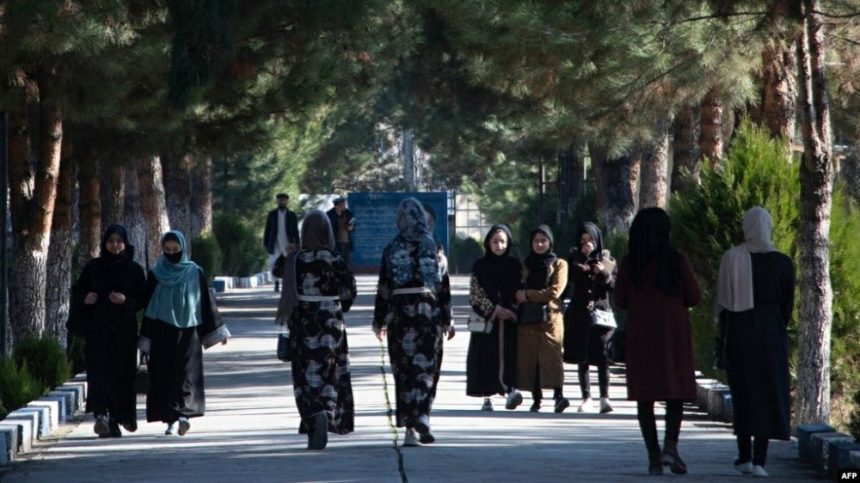RASC: According to the report of the Washington Post newspaper, the restrictions imposed on the work and education of Afghanistani girls by the Taliban group have caused a crisis in their mental health.
Based on this report, mental health experts in five hospitals in Afghanistan have also presented such reports regarding the increase in the criticality of mental health among girls.
Shafi Azim, a psychologist in an interview with the Washington Post, reported the multitude of patients who are struggling with different sufferings in the “Psychiatric Hospital” in Kabul.
He says that “restrictions and sudden changes” in the country have caused more psychological trauma to the women and girls who visit this hospital.
Mr. Azim added, in addition to being isolated and depressed, their clients are afraid of not going to work and school again.
In addition, according to the research results published in “BMC Psychology” magazine, nearly half of Afghanistani women are at a high level of mental discomfort.
At the same time, mental health specialists in the health centers of other cities in Afghanistan have also said that a large number of women have mental and emotional problems, and their treatment is ongoing with drugs.
Shafiq Umair, head of the mental health department at Herat State Hospital, rejected the report and said that in recent months, he has not seen any cases of girls suffering from mental and emotional problems due to the closure of schools.
However, one of the doctors at the Herat Mental Health Center, while maintaining his identity, said: “Women who are trying to adapt to the conditions and restrictions of the Taliban group are 80% of the patients who are not admitted here.”
It should be noted that not long ago, the BBC also quoted a psychologist in a special report saying that with the dominance of the Taliban group and their restrictions on women, suicidal thoughts have increased in Afghanistan, especially among women.
According to the BBC report, the dominance of the Taliban group in Afghanistan and the extensive restrictions of this group against women, including the prohibition of the right to education and work, are among the main reasons for suicide among Afghanistani women.
Meanwhile, according to a United Nations assessment in Afghanistan’s deeply patriarchal society, one out of every two people – most of whom are women – were struggling with mental illness even before the Taliban took over in 2021.
It should be noted that with the Taliban’s dominance again, Afghanistani women are the group that has suffered the most damage from this group.






